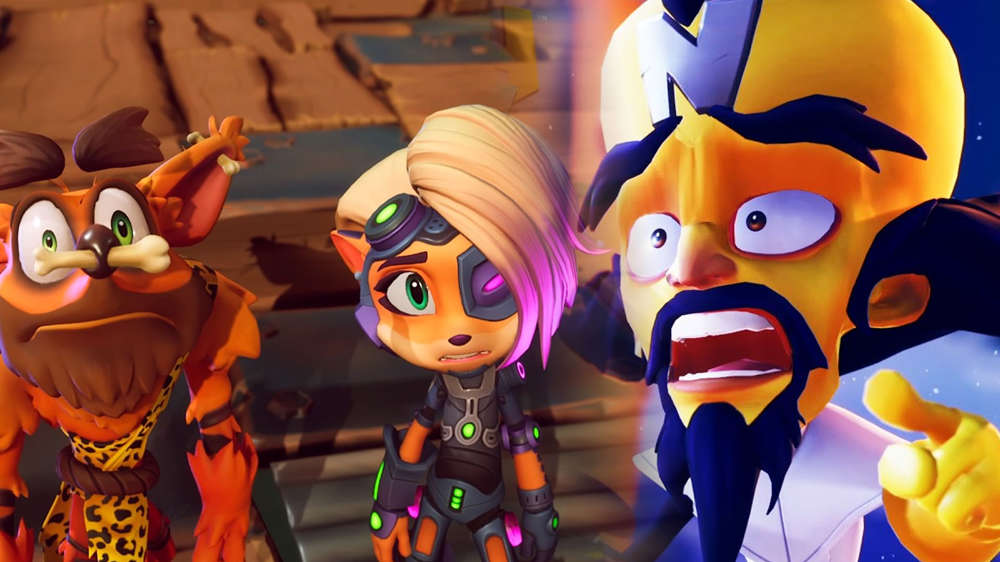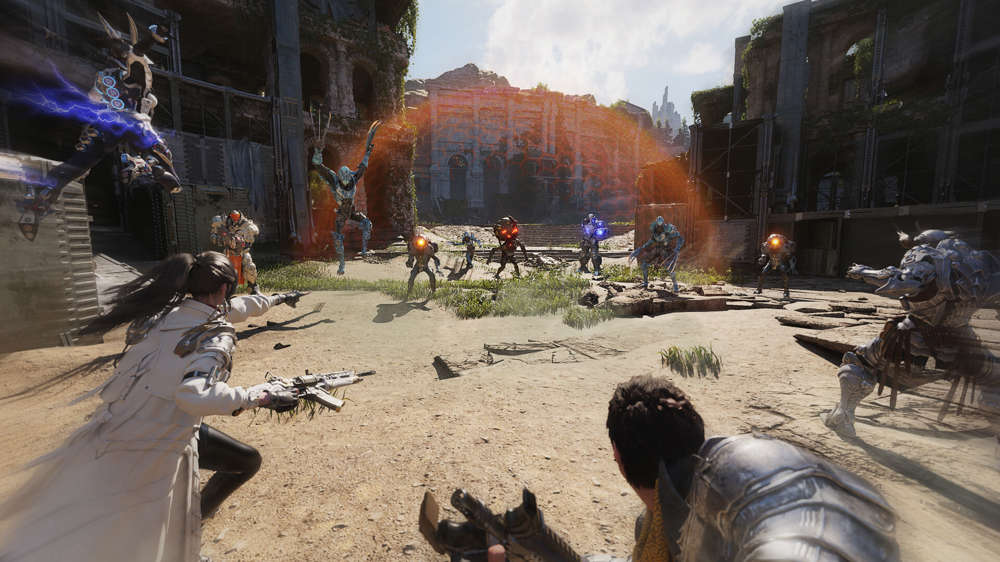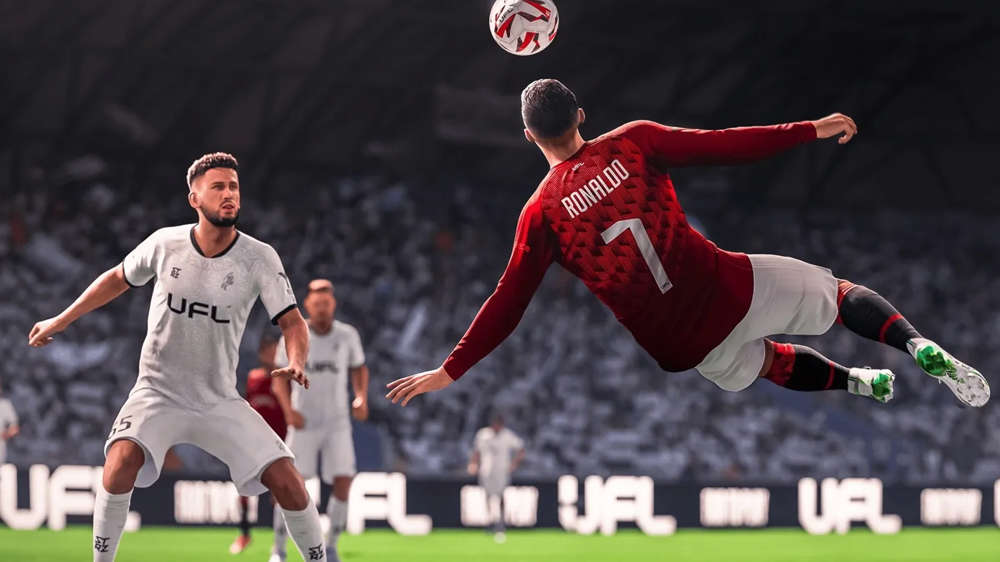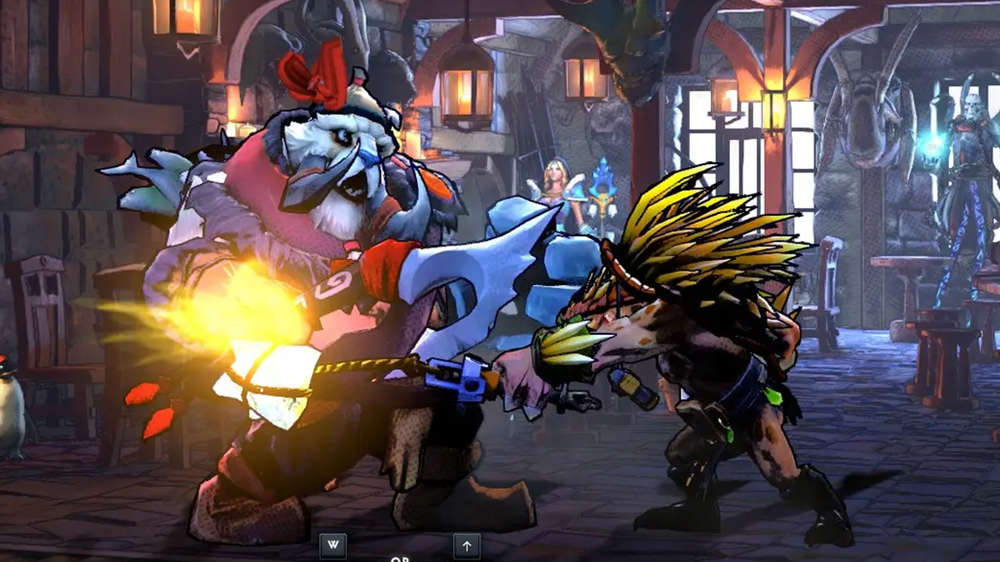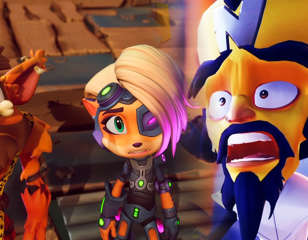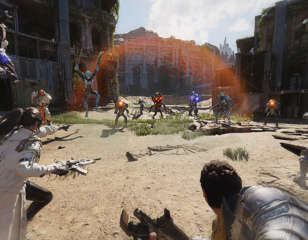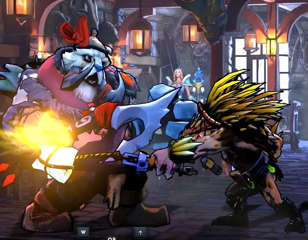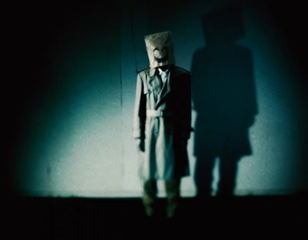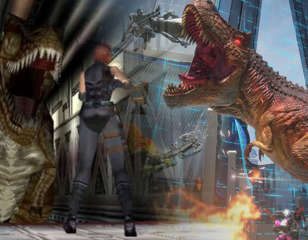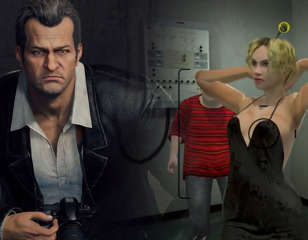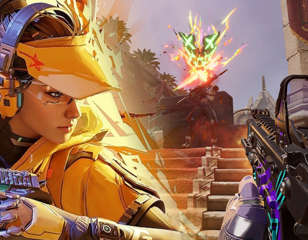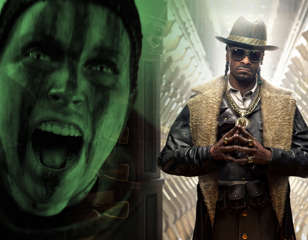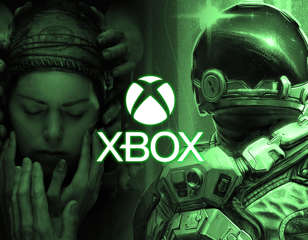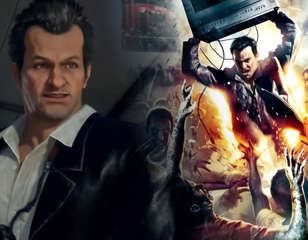How Does Watch Dogs: Legions Succeed Where Watch Dogs Failed
Has Ubisoft's Watch Dogs: Legions redeemed the hacker franchise and succeeded where the original Watch Dogs failed?

Tom Chapman
05th Nov 2020 17:30
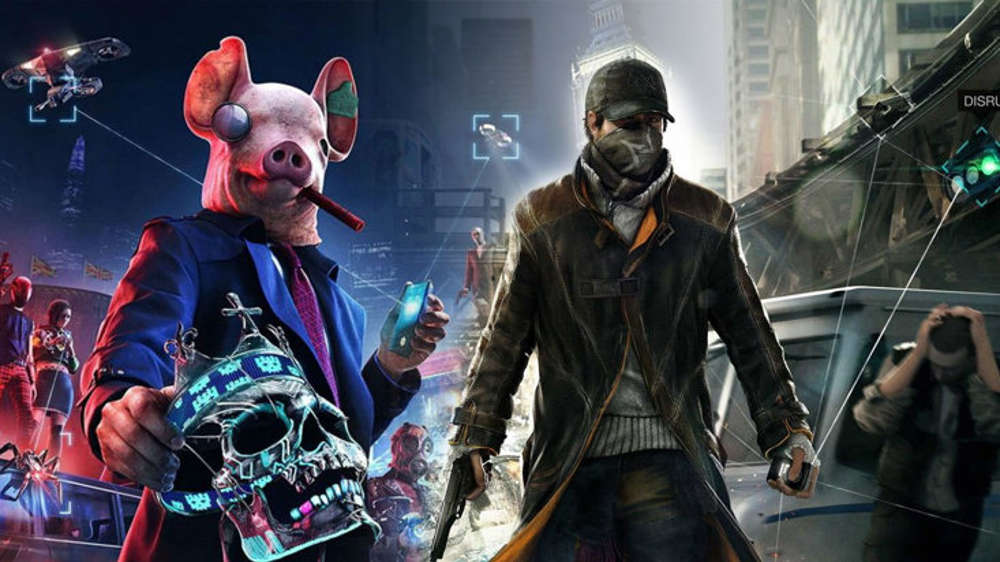
If you haven't dipped your toe into the world of Watch Dogs yet, we can't say we really blame you. While Ubisoft is known for some of the best gaming franchises around - boasting the likes of Assassin's Creed, Splinter Cell, and Far Cry, you'd be forgiven for glossing over Watch Dogs and its three entries.
As the third game in the series heads for pastures new and takes the action to a dystopian London run by hackers and pigs (physically and metaphorically), Watch Dogs: Legions is the breath of fresh air the story needed.
Just like Ubisoft has constantly reinvented Assassin's Creed with new locales - and will hopefully do again in Valhalla - Watch Dogs: Legions has the potential to take the franchise further and pique interest in this often forgotten story.
What Watch Dogs got wrong

The premise of Watch Dogs started out strong, as it tackled an open world where technology could be manipulated for nefarious means. It was all very George Orwell. However, the promising tale soon ran out of steam when it was implemented in the 2014 original.
Despite its problems, Watch Dogs went on to sell over 10 million copies and became the United Kingdom's bestselling new IP ever in its first week (beating Assassin's Creed III). Reviews were also reasonably positive, but as well as gripes with technical issues, fans were unimpressed by the discrepancies in graphics quality that were shown in testing and eventually released with the finished product. It turns out a two-year hype circuit was too much for the game.
Here's what else went wrong.
The story
As protagonists go, Aiden Pearce was about as dull as they come. Hardly a Kratos or Arthur Morgan, Pearce played out like a generic stock character who no one really invested in. Main character problems aside, that's before you even entered this botched version of Chicago that would've had the real-life city's residents fuming. You can get away with some liberties because the game is set in a fictionalised future; however, there's a reason the Grand Theft Auto games create their own cities based on actual locations. Watch Dogs was the poster boy for how NOT to create an immersive backdrop.
When you took Watch Dogs as a stealth game, it worked nearly perfectly. It was only when you threw other styles of combat into the mix that it started to stutter. You have to assume Ubisoft realised an entirely stealth game wouldn't appeal to a mass demographic or be long enough, leading to this sometimes clunky hybrid that stuck out from the rest of Ubisoft's open-world games.
If all this wasn't enough, it took some serious grind to even get to the main crux of the story, which wasn't actually all bad. Much like the fast-paced world of Watch Dogs itself, you need to grab a player's attention immediately. Unfortunately, the main story was sidetracked far too often by your GPS, luring you to another side mission.
The mechanics
It would be possible to completely write the OG Watch Dogs off simply for its driving. Just like Batman: Arkham Knight faltered with its laborious tank battles where the Batmobile morphed into a heavy-assault vehicle, and you mindlessly took on wave after wave of AI vehicles, Watch Dogs dropped the ball with its vehicular-based sections.
Instead of all the fun of shooting out a vehicle, you were tasked with taking out enemies by hacking steam vents and the like. We get that the whole aim of Watch Dogs was hacking, but when has anyone ever opted for making a roadblock rise to stop a car when compared to shooting it to pieces while leaning out the side window?
You then get to what Watch Dogs meant as a game. Creative Director Jonathan Morin openly said Watch Dogs was always supposed to establish a franchise, making it feel like the developers were going through the motions in terms of using it as a guinea pig. You see this in action with how Watch Dogs 2 moved the setting to San Francisco and made major adjustments to everything from characters to story, firearms to driving. It's not that there was anything necessarily wrong with Watch Dogs, it's just not the kind of game you'd keep going back to.
What Watch Dogs: Legions got right

With the third game, Ubisoft finally seems to have hit that Goldilocks sweet spot. Third entries tend to be sink or swim for a gaming series, while Watch Dogs: Legions does just enough to keep its head above water. The whole idea of the game's main identity having no identity is also a plucky approach. There's no one main man or woman to root for here, just the swelling ranks of DedSec.
The story
It's all a bit Brexit-y, but apart from that Watch Dogs: Legions takes cues from the likes of V for Vendetta with gusto. Unlike the original Watch Dogs' Chicago, the streets of London shine here - even under the typically dismal British weather. With events having moved on from Watch Dogs 2, automation has been fast-tracked around the globe - hence a jolly jaunt to Blighty. Whoever you are, you take on enemy factions including the military company Albion and the criminal syndicate known as Clan Kelley that is using the dark web for its own means.
The big pull of Watch Dogs: Legions is the game's ability to spawn an entire population - not just one angry white man as the lead character. The people you interact with aren't just endless drones (that was saved for the actual drones). Every person you pass has a different personality and attributes. This meant strolling around the different boroughs of London became a real treat. Added to this, the futuristic backdrop of London had a much more balanced approach than something like Cyberpunk 2077 looks like it is going for. It's perfectly logical to imagine London could've ended up like this in an alternative timeline.
The mechanics
This brings us to where Legions really steps it up from its predecessors. Ubisoft has an ambitious idea to pull off as you are no longer just trapped as one character. Although you have to select just one for the story's prologue, London is then your oyster as missions allow you to recruit far and wide.
We'd suggest recruiting from different factions, meaning you can add a super sleuth spy or an expert hacker to your roster. There's also the chance to recruit enemy forces to give a real spectrum of playable assets. Each comes with more than just an outfit change, boasting their own weaponry and unique perks.
Be warned though; new recruits are susceptible to being killed off during missions or skirmishes depending on your difficulty level. The permadeath option lives up to its name as long as you have it enabled, so don't get too attached to your favourites. This is the optimum way to play because it makes missions feel like much more than just a "Game Over" message and then starting again. You could lose your best asset in a fight and have to find a lesser model to replace them. If permadeath isn't on, your characters are simply arrested. Still, if everyone on your team is dead or arrested, the game will come to an abrupt end. It's a novel approach, not just for the Watch Dogs series, but gaming in general.
With so many operatives at your disposal, some are obviously going to become favourites. For example, using a beekeeper than can launch a swarm of robotic bees at enemies is never going to grow stale. Then again, a recruit that has a problem with flatulence and will alert enemies (seriously?) is hardly going to be in your god tier. All in all, Legions solves the biggest problem of the original - a main character you can't get on board with. By cutting emotional ties, it actually works.
All in all, Watch Dogs: Legions is a bold reinvention when the series could've stayed put in the USA and simply hopped to a different city for another story about a generic male hacker. With complaints the idea was already going stale, it made sense for Ubisoft to effectively overhaul the entire thing. What you're left with is Legions, which is by no means perfect, but is a million miles away from its shaky little brother that first started the franchise six years ago.
Stay up to date with all the latest esports and gaming news by checking out our social channels here: Twitter | Facebook
Images via Ubisoft

About The Author
Tom Chapman
Tom is Trending News Editor at GGRecon, with an NCTJ qualification in Broadcast Journalism and over seven years of experience writing about film, gaming, and television. With bylines at IGN, Digital Spy, Den of Geek, and more, Tom’s love of horror means he's well-versed in all things Resident Evil, with aspirations to be the next Chris Redfield.
